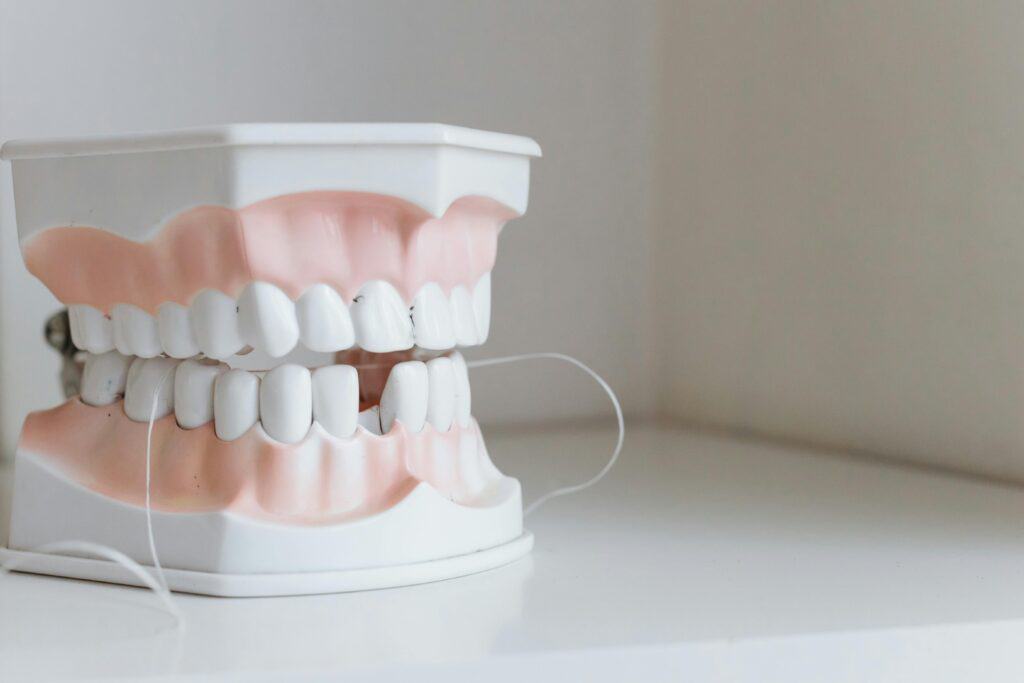Stress can take a toll on your entire body, including your oral health. While the connection between stress and teeth may not be obvious at first, the effects can be significant, from clenching your jaw to skipping your oral hygiene routine. Understanding how stress affects your smile and taking steps to counteract its impact can help keep your teeth and gums in great shape.

Why Flossing Is Essential
- Plaque Removal: Flossing removes the sticky, bacteria-laden film that accumulates between teeth and under the gumline. If left unchecked, plaque hardens into tartar, which can only be removed by a dental professional.
- Preventing Gum Disease: By keeping the areas between your teeth clean, flossing helps reduce the risk of gingivitis, an early stage of gum disease marked by redness, swelling, and bleeding.
- Fresher Breath: Food particles stuck between teeth can cause bad breath as they break down. Flossing eliminates these particles, keeping your mouth fresh.
- Reduced Risk of Cavities: Flossing helps remove hidden sugars and debris that feed bacteria, reducing your chances of developing cavities in hard-to-reach places.
Flossing Techniques
- Traditional String Floss: Cut about 18 inches of floss and wind most of it around your middle fingers. Use your thumbs and index fingers to guide the floss gently between each tooth. Curve it into a “C” shape around the tooth and slide it up and down to remove plaque and debris.
- Floss Picks: These handheld tools make flossing simpler for those who find string floss cumbersome. They’re especially useful for children or on-the-go flossing.
- Water Flossers: A water flosser uses a targeted stream of water to clean between teeth and along the gumline. It’s a great option for people with braces, sensitive gums, or dental work like crowns and bridges.
- Interdental Brushes: These small brushes are perfect for cleaning wider spaces between teeth or around orthodontic appliances.
Tips for Effective Flossing
- Be Gentle: Avoid snapping the floss into your gums, which can cause irritation or bleeding. Instead, move the floss slowly and carefully.
- Floss Daily: Make flossing a non-negotiable part of your routine, ideally before bed when you have more time to focus on thorough cleaning.
- Don’t Forget the Back Teeth: These are often neglected but are just as prone to plaque buildup as the front teeth.
- Replace Your Tools Regularly: Whether you use string floss, floss picks, or a water flosser, make sure to replace or clean your tools as needed to maintain effectiveness.
Healthy Gums, Happy Smile
Flossing might seem like a small step, but it’s one of the most impactful actions you can take for your oral health. By incorporating effective flossing techniques into your daily routine, you’ll protect your gums, teeth, and overall health. If you have questions about your flossing technique or need personalized advice, your dentist is here to help.
Posted in Healthy Teeth Tips
